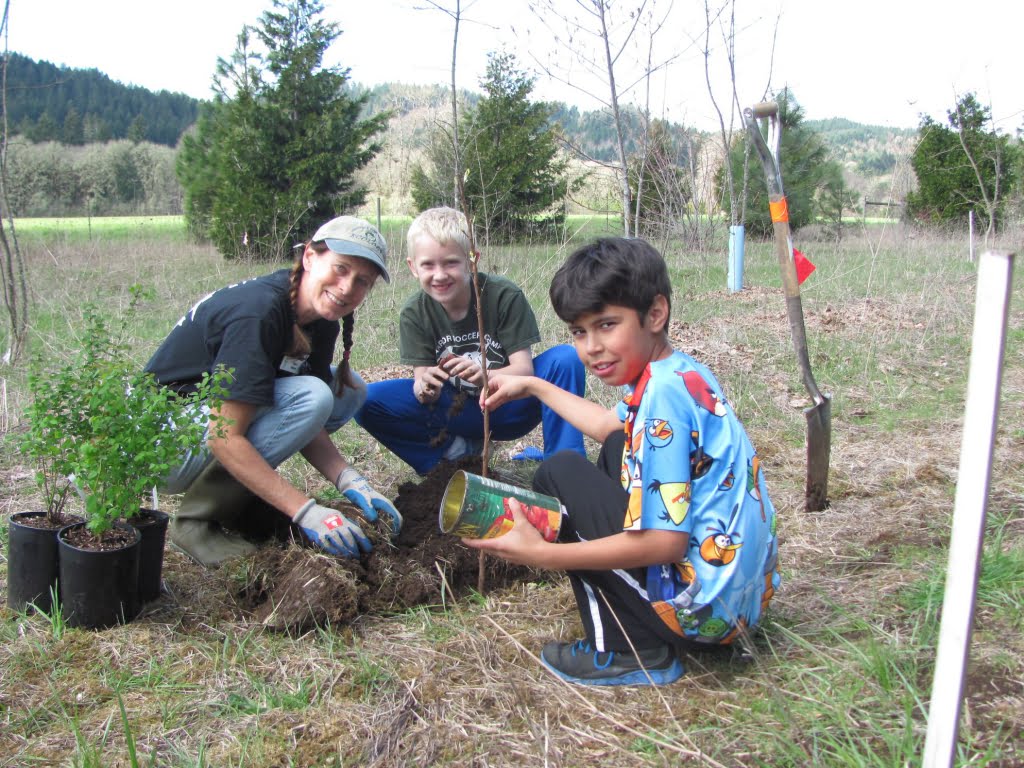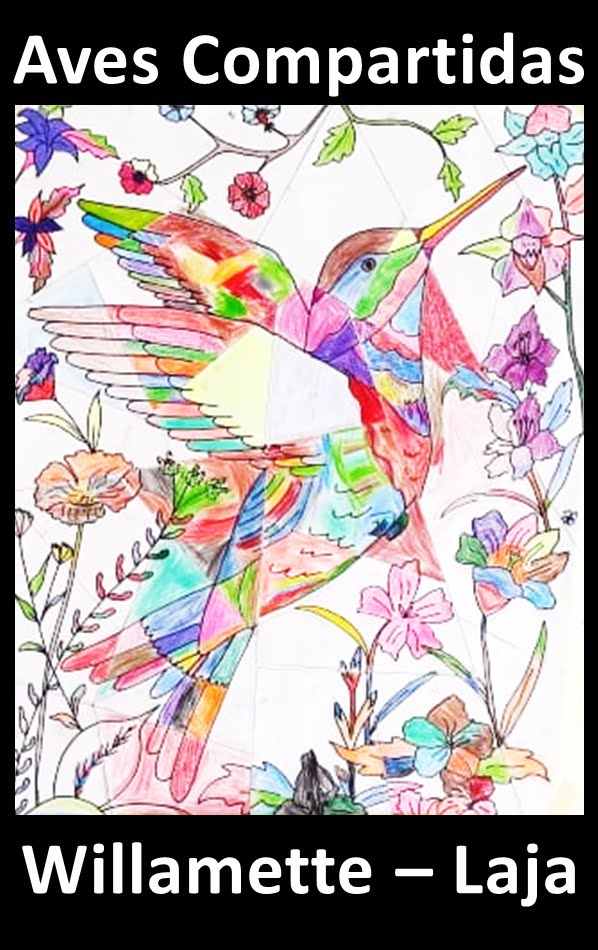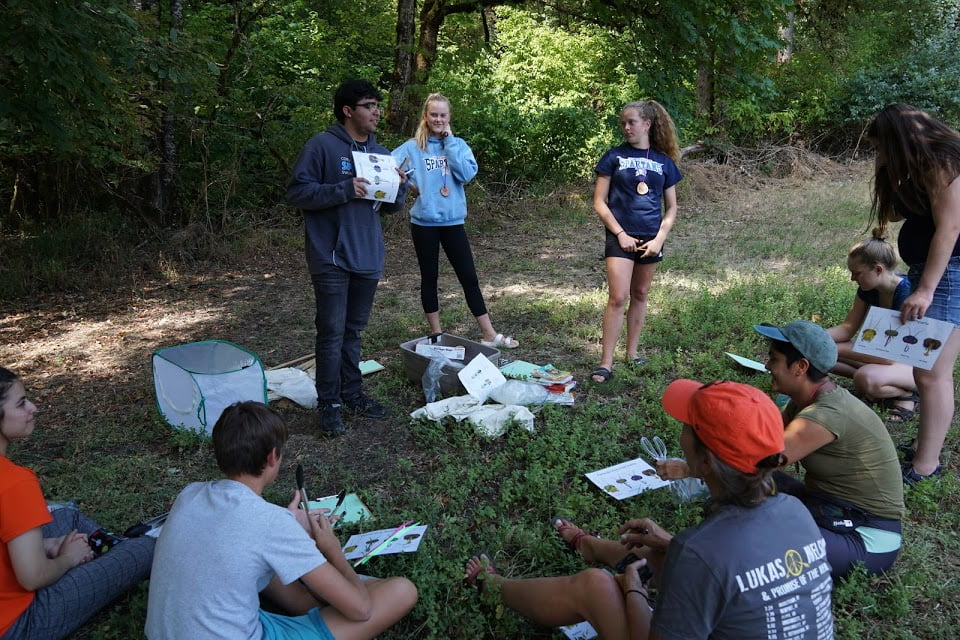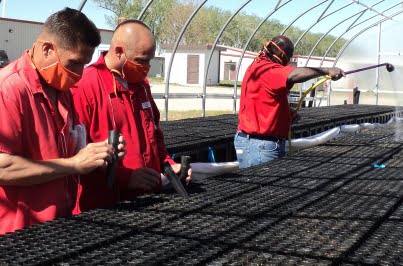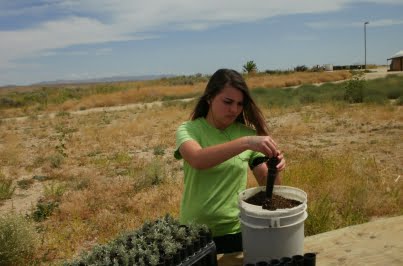Ecological Education Program
The Ecological Education Program offers opportunities for K-12 students, teachers, and community members to engage in place-based ecological education through school programs, teacher workshops, and volunteering. Our programs are experiential, hands-on, and inspire inquiry and action. We partner with others to engage the future stewards of Oregon in the study of native plants and habitat restoration through service-learning and curriculum development. Our goal is to connect people with nature and a sense of place through ecological education, service-learning, and citizen science.
